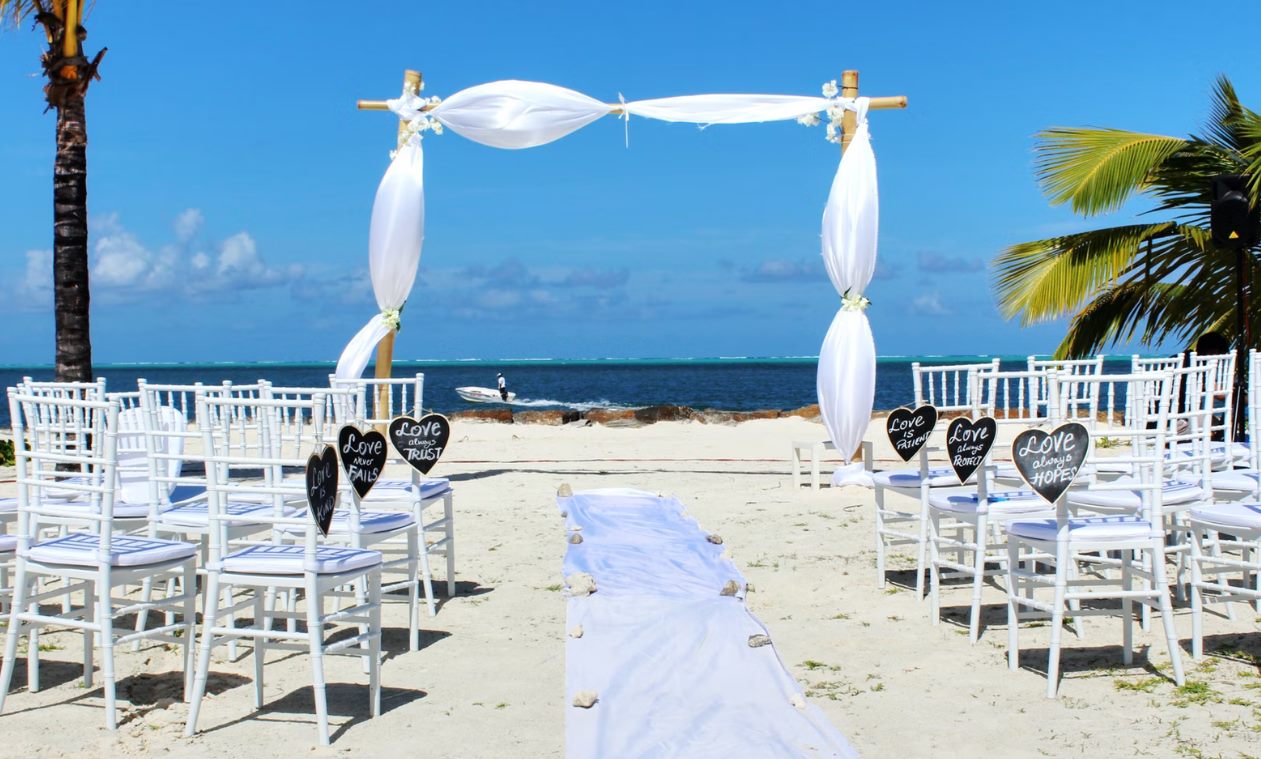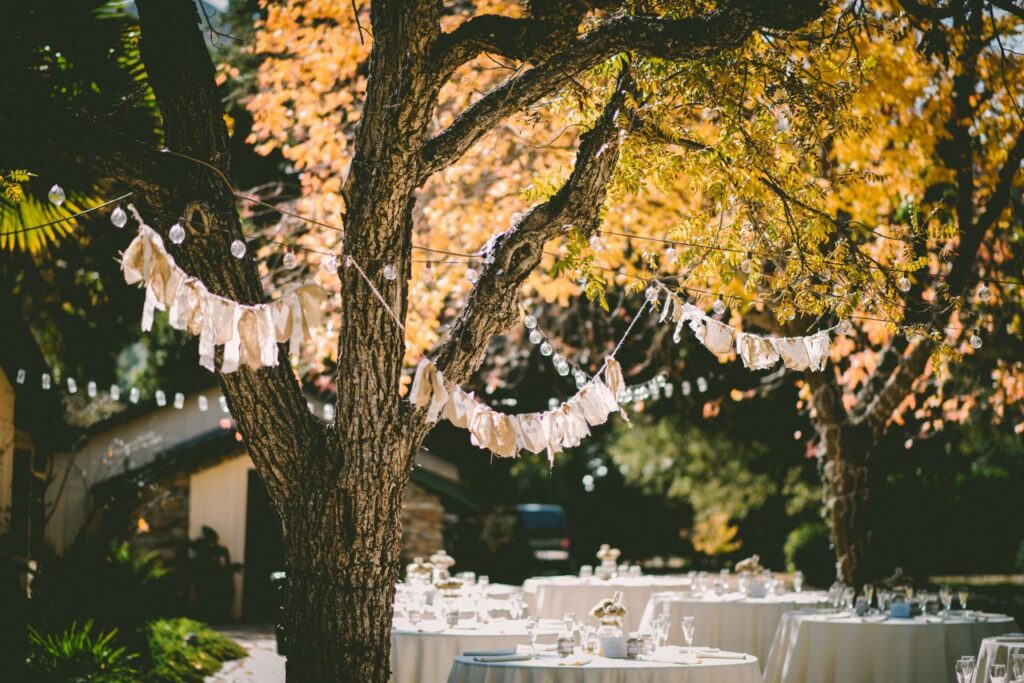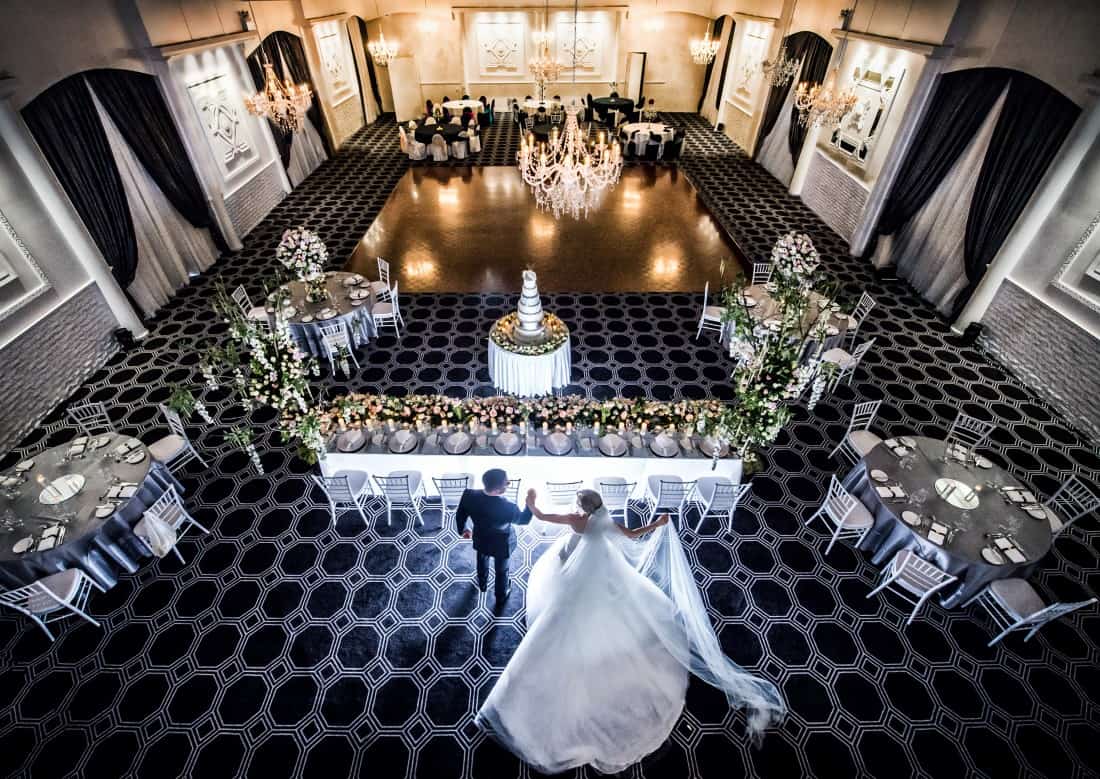Investing in a wedding venue can be a lucrative opportunity, especially given the consistent demand for unique and picturesque locations to host one of life’s most significant events. A well-chosen venue in a desirable location can generate steady income from bookings throughout the year, particularly during peak wedding seasons.
Additionally, the ability to offer various services—such as catering, event planning, and accommodation—can further enhance revenue streams. However, it’s important to consider factors like initial capital investment, ongoing maintenance costs, competition, and local market trends. With thoughtful planning and strategic marketing, a wedding venue can indeed be a worthwhile and profitable investment.
Let’s Get Straight to the Point
Investing in a wedding venue can be highly profitable due to consistent demand and the potential for steady income from event bookings. Success depends on thorough market analysis, strategic business planning, and offering additional services like catering and accommodations.
While the initial investment is substantial, and ongoing costs can be high, a well-managed venue can generate significant revenue, particularly through bookings and off-season events. Challenges include high upfront costs and the need for continuous reinvestment, but the long-term market potential is strong with the right approach.
Wedding Venues As A Profitable Investment
1. Market Analysis And Business Strategy
Conducting thorough market analysis, creating projections, and developing a business strategy for at least five years is crucial to making a wedding venue a profitable investment. The location, target market, and pricing will significantly influence your potential earnings. Connecting with industry experts, including mentors, financial institutions, and accountants, is advisable to maximise your chances of success.
2. Niche Market Opportunities
Focusing on a niche market can enhance profitability. However, it’s essential to consider the venue’s operating costs when setting prices. Opening a wedding venue can be lucrative if you’re a wedding planner, property investor, or entrepreneur interested in the wedding industry. Be prepared for the significant time and effort required, including navigating zoning boards, renovation costs, and financing.
3. Discreet Sales And Employment Considerations
When considering the sale of a wedding venue, discretion is crucial. Publicising the sale could cause unnecessary stress for couples planning their wedding and staff concerned about job security. Regulations for the Transfer of Undertakings (Protection of Employment) (TUPE) provide some reassurance, protecting employees during the transfer of business ownership. However, discussing the business’s potential openly can be challenging, given the sensitivity of such transactions.
Why Wedding Venues Are A Good Business Investment
1. High Demand And Attractive Design
Wedding venues are in high demand due to their attractive designs, impeccable maintenance, and streamlined operations, contributing to their profitability.
2. Advance Bookings And Predictable Revenue
One significant advantage of wedding venues is that bookings and deposits are made well before the event. This allows for easier revenue projections, making wedding venues a safer investment than other businesses. The extended lead time also enables better planning for supplies and staffing.
3. Seasonal Trends And Consistent Demand
The wedding industry remains strong, with winter and weekday weddings gaining popularity, providing a year-round income stream. An efficiently run wedding venue can generate substantial revenue outside the traditional wedding season.
The Costs Of Starting A Wedding Venue Business
1. High Initial Investment
Starting a wedding venue requires a significant initial investment. While financing options are available, it’s important to be realistic about the startup costs. Building a new venue from scratch can easily exceed $500,000; more luxurious venues may require investments between one and three million dollars.
2. Marketing And Networking
Promoting a wedding venue effectively requires a combination of online marketing and face-to-face networking. Many couples turn to online directories to find their ideal venue, making a strong online presence crucial. Networking within the wedding industry, such as offering your space for community events, can also help build relationships and increase bookings without incurring significant advertising costs.
3. Fixed Costs And Maintenance
Operating a wedding venue involves substantial fixed costs, including loan payments, insurance, and staffing. These costs are often higher than anticipated, but once covered, the business can quickly generate profit. It’s important to manage these costs effectively while maintaining a high standard of service to attract and retain clients.
The Revenue Potential Of Wedding Venues
1. Revenue From Event Hosting
The wedding industry is lucrative, with the average cost of a wedding venue in Australia between $9,000 and $15,000 in 2017. A venue that hosts two weekly weddings during the peak season (April to October) could generate over $270,000 just from renting out the space. This potential revenue makes wedding venues valuable to any real estate portfolio.
2. Transparency And Financial Planning
Weddings are typically booked months or even years in advance, providing transparency in revenue and allowing for accurate financial planning. This forward-looking approach helps venue owners manage their cash flow effectively and plan for future investments.
3. Expanding Services With Marquees
Venue owners can consider adding marquee rentals to maximise profits. Marquees allow for outdoor weddings, which can be a lucrative addition to the business. Marquees also enable venues to host events year-round, providing a steady income stream during the off-season.
Challenges And Considerations
1. Significant Upfront Costs
Opening a wedding venue is a costly venture. The initial investment in the property, renovations, and equipment can be substantial. However, with careful financial planning and a clear business strategy, these costs can be managed, leading to long-term profitability.
2. Continuous Improvement And Reinvestment
Successful venue owners often reinvest profits into the business to improve and expand their services. This approach helps attract more clients and increases bookings, but it requires careful consideration to ensure that these investments align with the overall business strategy.
3. Long-Term Market Potential
The wedding industry in Australia continues to grow, with an estimated 2.5 million weddings expected in 2019 alone. The reception, which typically accounts for 28% of the total wedding cost, represents a significant revenue opportunity for venue owners, and the long-term outlook for the wedding industry remains positive.
Investing in a wedding venue can be highly profitable, especially if you have the right location, business strategy, and market knowledge. While the initial costs are significant, The possibility of large profits makes it a desirable choice for entrepreneurs and real estate investors.
The wedding industry’s consistent demand and the ability to plan and manage finances effectively provide a stable and lucrative business opportunity. However, one must be dedicated to providing outstanding customer service, always improving, and planning forward service to succeed in this field.
Knowing the difficulties and possibilities of operating a wedding venue can help you make informed decisions that will help you build a successful and sustainable business in this thriving industry.




